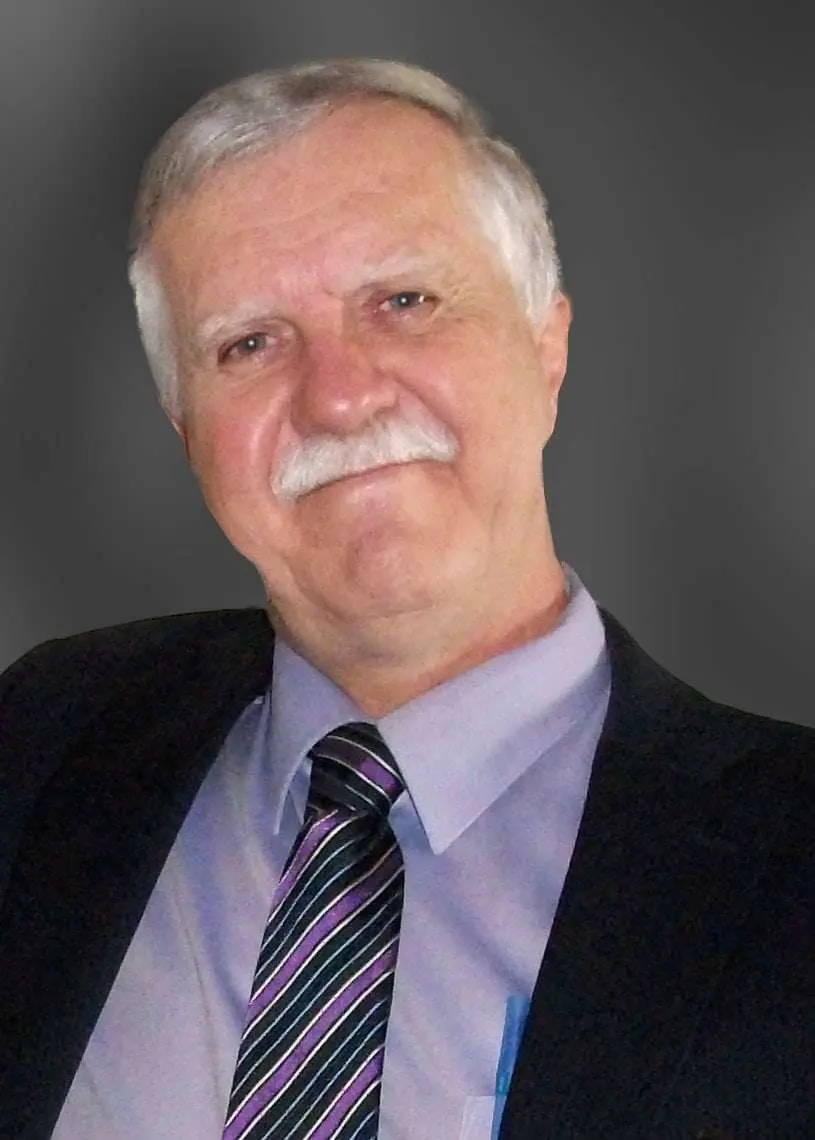I played hockey in college. I wasn’t the greatest player but worked hard and scored my share of goals. I was also the team chaplain and would lead the group in asking for divine help to give a positive witness by playing well and by the rules. As the game would unfold it was often apparent that the divine help seemed to not be forthcoming as a fight breaks out or intentional slashing or tripping or dirty corners with elbows up. It seems ironic that often when a person gets into the intensity of competition or the heat of the battle other emotional responses tend to crowd out fair play and grace.
Before I am quick to judge another I have to admit that I have been prone to emotional outbursts that have been more destructive than helpful. I hated every moment after the fact and knew that my response was totally inconsistent with my belief system. Many can relate, especially when others don’t play by the rules of life. Only when I was willing to deal with my trigger points (what was setting me off) and retrain myself to respond differently did I move forward in helpful ways.
I have found one response that has been much harder to deal with. I know that I am not alone in this. It’s what I call the “slow burn”, those feelings of resentment that build up over time and which at times I have loved to coddle and nourish as I have replayed the scenes over and over again. I have felt justified in my position and have sought to bring others to the rightness of my indignation, even cloaking my feelings in words of piety. But then in saner moments I step back to ask myself if what I am harboring in my soul is compatible with my belief system. Though I do not at times like the answer it always comes back the same, “No, it is not”.
So what do I do? Again the book of James is quick to address my problem because it is an age old problem. He tells us that the anger of man does not work the righteousness of God. The word he uses for anger is not the emotional outburst that “flies off the handle” though it may be present. It is that slow burn that harbors feelings of resentment. Paul uses the same word in Romans 12 in the context of seeking revenge. We know it as “an eye for an eye and tooth for a tooth, tit for tat”. If the righteousness of God is expressed in constructive ways the resentment of man surely is not. It seeks to get even or at worst cut the person entirely out of one’s life, as if that person never existed.
James reminds us first to be quick to hear. Am I sure that I have rightly heard the other person, really heard the person? Words can be an awkward conveyor and may not fully express what the person is trying to say. The English word “tachometer” finds its roots in the word “quick”. Is my hearing sufficiently “revved up”? Have I really heard or just filtered it through what I think was said? Men can be notorious for echoing back what their wives have said and yet never hear. I suspect that it is not just a gender issue. Quality listening is a learned behavior that involves engaging the mind, will and heart, just as much as tuning somewhat out is a learned behavior. Which is more helpful?
Secondly he says to be slow to speak. How many times are we already formulating a response in our mind to what we think we heard and miss the nuances, let alone the actual words. Isn’t it interesting that God in His wisdom put two ears on the outside but put our tongue behind a wall of teeth. Yet which one tends to dominate? A response should only be formulated after one has heard and understood what has been said. We may still disagree but at least we know that we have been heard.
Thirdly if this sequential order is followed, quick to hear and slow to speak, it may help to defuse this slow burn of resentment. James reminds us to be slow to anger or resentment. Paul, in Ephesians 4, uses the same word but also adds “deal with the provocation” rather than allow it to fester not just overnight but overtime. A small seed of resentment can easily become a root of bitterness that will take on a life of its own and not only be destructive to oneself but also those around that person.
I have to confess that I have had to “eat crow” many times in my life. I have choked on the feathers but have rebuilt relationships that I consider important to my life today. Some I have not been able to do so. I grieve the loss of those relationships, especially when I know that I have been at fault and too stubborn in the moment to be honest with myself.
Blessings!


0 Comments